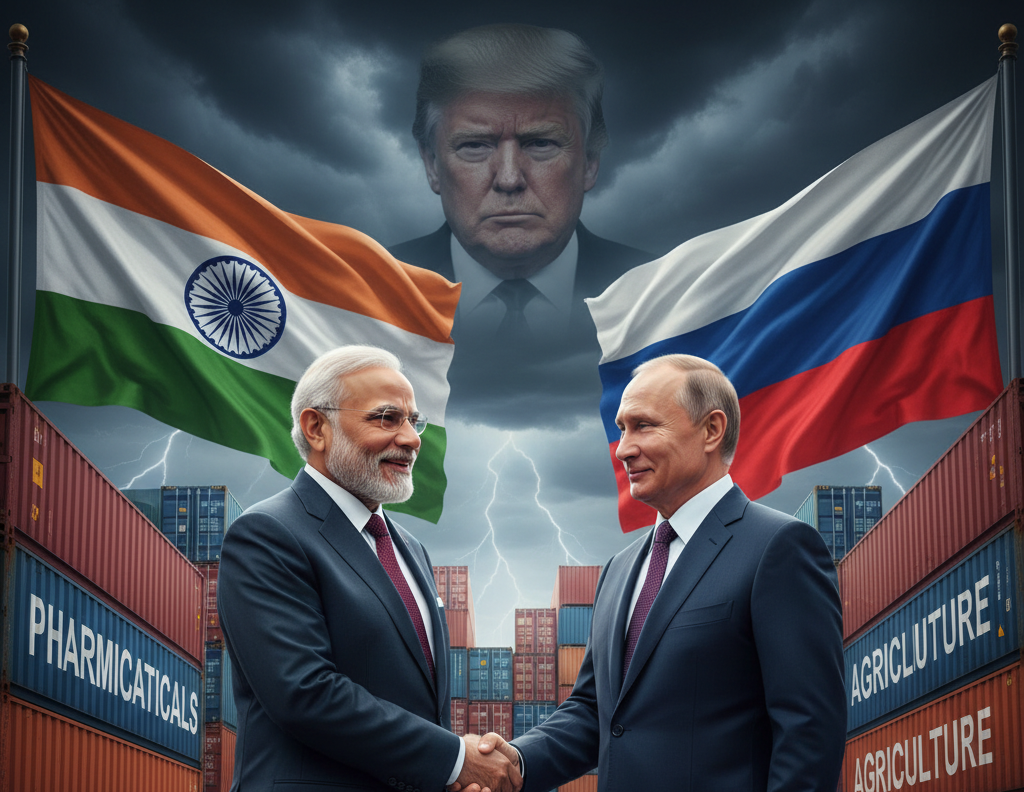‘Hamas will not immediately release the hostages, do not forget this condition’, the expert said a big thing on Trump’s Gaza plan
In a significant diplomatic development, the ongoing war between Israel and Hamas may finally see a potential roadmap toward peace. U.S. President Donald Trump has put forward a new proposal called the Gaza Plan, which has reportedly received a positive initial response from Hamas. However, experts have cautioned that the road ahead remains complex and conditional.
The Gaza plan is aimed at creating a structured framework to end the two-year-long Israel–Hamas conflict, ensure humanitarian aid reaches civilians in Gaza, and work toward the eventual release of hostages still held by Hamas. While the initial acceptance by Hamas is being seen as a diplomatic breakthrough, foreign affairs experts have underlined a crucial condition attached to this development.
Expert Highlights Key Condition
Speaking to news agency ANI, foreign affairs expert Robinder Sachdev emphasized that the situation should not be viewed with naïve optimism.
#Watch Delhi: on Hamas Agreeing to Release All Israeli Hostages Under The Terms of Us President Donald Trump’s Gaza Proposal and Signalling Readiness to Ener Medited Negotiations, Foreign affair Sachdev says, “It is definite heartening news that Hamas has… pic.twitter.com/Pri0kidd4i
– ANI (@ani) October 4, 2025
“It is definitely a very encouraging sign that Hamas has agreed to America’s Gaza Plan keeping in mind the deteriorating ground realities. However, a key condition is attached. Hamas has not said it will immediately release all the Israeli hostages. Instead, they have stated that they are willing to begin dialogue regarding their release,” Sachdev explained.
According to Sachdev, this indicates that the process of releasing hostages will be gradual and negotiated, rather than immediate. This could lead to delays and obstacles, as both sides may bring additional demands to the table during talks.
Nevertheless, he described the situation as a positive step at a critical time:
“The sooner this process moves forward, the faster the suffering of the people of Gaza can be reduced. Humanitarian aid like food and medical supplies will finally be able to reach the region more effectively. This is not just a geopolitical move; it is a step toward easing human suffering,” he added.
A Two-Year-Long Conflict
The war between Israel and Hamas has now been raging for nearly two years. It began on October 7, 2023, when Hamas carried out a major surprise attack on Israel, killing civilians and soldiers, and abducting around 250 Israelis. This led to a massive Israeli military response targeting Hamas positions in Gaza.
Over the past two years, various international mediators including Egypt, Qatar, and the United States have attempted ceasefire negotiations and hostage exchange deals. While several hostages were released through multiple rounds of talks, many are still believed to be held by Hamas.
The Gaza Plan, proposed by Trump’s administration, is seen as the most comprehensive U.S. effort yet to end the cycle of violence. It reportedly includes ceasefire mechanisms, the phased release of hostages, humanitarian corridors for aid, and longer-term negotiations toward political stabilization in Gaza.
Global Reactions
While Israel has not officially rejected the plan, officials have expressed skepticism about Hamas’s true intentions. Analysts point out that Hamas may use hostage negotiations as a bargaining chip to secure concessions.
At the same time, the international community, especially European and Arab nations, has welcomed the possibility of fresh dialogue. For millions of civilians trapped in Gaza under dire humanitarian conditions, any diplomatic movement brings a glimmer of hope.
Conclusion
Trump’s Gaza Plan represents a potential turning point in the Israel–Hamas conflict, but experts warn against unrealistic expectations. The condition set by Hamas—delaying the immediate release of hostages—shows that the negotiations ahead will be difficult and drawn out.
Yet, as foreign affairs expert Robinder Sachdev notes, even a conditional acceptance is better than diplomatic deadlock. The coming weeks will reveal whether this plan can bring meaningful change to a region that has suffered immensely.
Also read – Apple 2025 MacBook Air 15-Inch with M4 Chip: Is It Worth the Upgrade?




